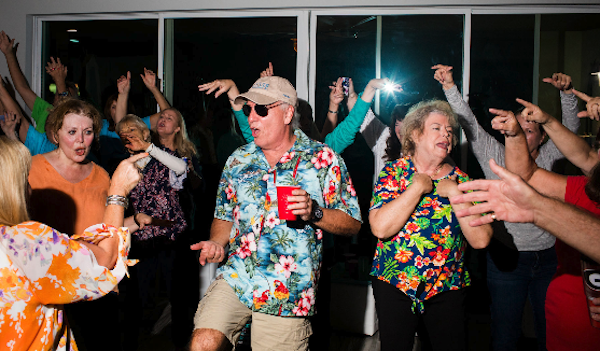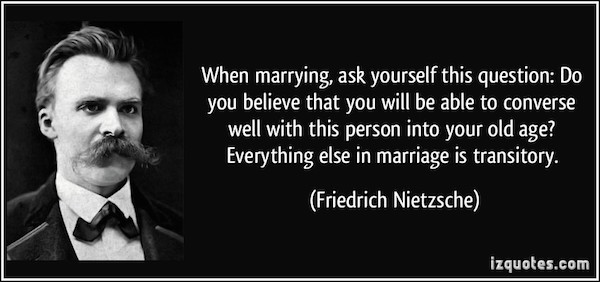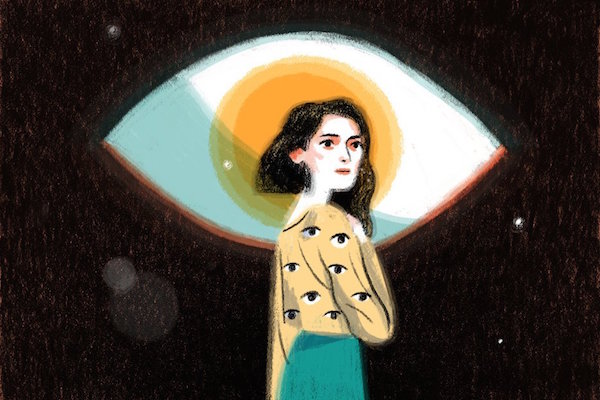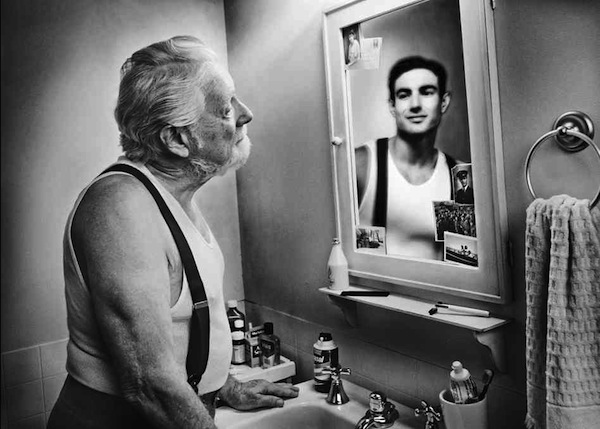What would your ideal retirement community look like?

Pro-tip: party with people who also love cleaning up at 7am.
This article on a Margaritaville-themed retirement community makes for an easy-to-smirk-at headline, but raises a lot of interesting questions if you bother clicking through. We’re about to have a massive aging population who aren’t going to quietly get consigned to traditional senior living. Our whole conception of seniors and their role in society — especially as they live longer and longer — is weird and undefined and in flux.
But on the matter of themed retirement communities this… actually sounds kinda fun? And even for those of us who have no particular fondness for Jimmy Buffet, it’s useful to think of what’s really important as we age and what the ideal scenario in which to spend our golden years might be.


